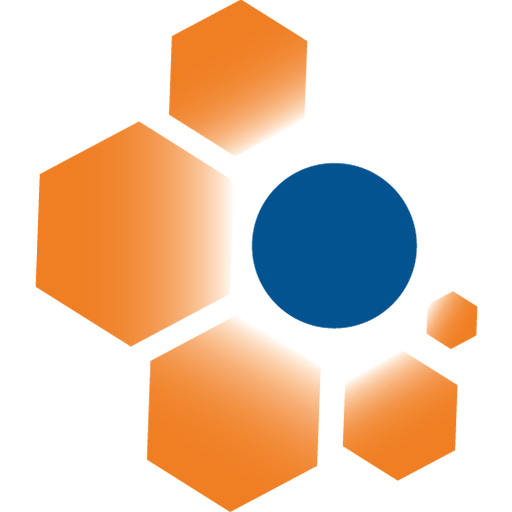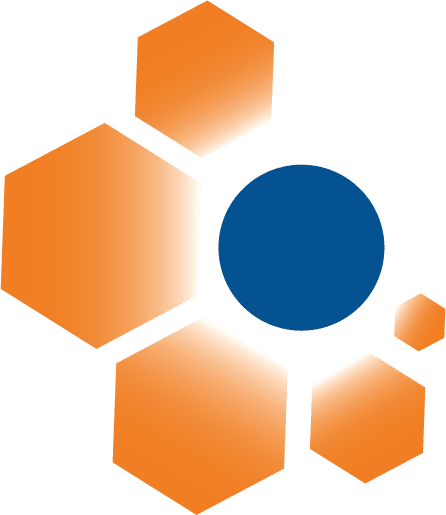
If you know someone suffering from addiction, learn more about addiction and how you can help.

Addiction hurts. It hurts you. It hurts the people you love most. You may feel alone in this fight, but there are so many who have been where you are.
In 1999, about 750,000 people lost their lives to drug overdose. In 2017, drug abuse was made a public health emergency. The death rate dropped to 75,000 by 2019, but the repercussions of the COVID-19 pandemic caused opioid overdose death rates to climb again.
Although one death is too many, we know more about addiction today and how to combat it.
Opioid addiction can happen to anyone, but it can be conquered.



A common misconception is that drug addiction is a choice, but it takes more than self control to “just quit”. Addiction is a disease that affects the brain.
Opioids are prescribed to relieve pain. If prescriptions are not taken as advised, it can lead to drug dependency. Once the body depends on a drug, it gets used to having it just to feel normal. This can lead to what is known as a high tolerance. When this happens, the user may take more than the recommended amount to feel the same effects. Or worse, he or she may resort to other drugs.
In the US, four out of five heroin users first used prescription opioids.
The most influential factor, however, is family history. 40-60% of addiction risk depends on genetic makeup. Other potential factors include peer pressure, reckless behavior, mental illness, a high stress environment, or exposure to substance abuse at an early age.

Opioid abuse isn’t always easy to detect. Someone struggling could still keep a steady job and a stable life. However, if you have any suspicions, it’s best to catch it early. If you aren’t entirely sure, here are some common signals.
⦁ Change in sleep patterns and/or drowsiness
⦁ Unexplained weight loss
⦁ Employment and financial trouble
⦁ Low sex drive
⦁ Lack of personal hygiene
⦁ Excessive mood swings
⦁ Self-isolation
You may even notice changes in your own behavior.
Do you worry about your loved one’s safety? Do you make excuses for or enable their behavior? Do you ever find yourself avoiding this person so you don’t have to deal with it?
If this sounds like your situation, it is time to intervene. As minor as it may seem (or as they may claim), it could escalate if not addressed.



Prevent drug abuse from the start by safely disposing of any unused prescriptions, medicines, or syringes in the household. Do not simply toss them in the trash. This is a toxic hazard to the environment and could get into the hands of someone else with an addiction. To find a medical waste disposal location near you, call your local pharmacy or trash service.
Encourage healthy habits to keep the recoveree preoccupied as well as replacing destructive behaviors. Take a walk or learn a new recipe together. Having an outlet, such as a hobby, relieves stress, increases productivity, and can give you a sense of accomplishment.
Keep a judgement-free home environment. Addiction can put you in a dark state of mind. Be the light this person needs. If they relapse, give them grace. Relapse is not failure. It’s part of the recovery process.
As admirable as it is that you want to help your loved one get better, it can be exhausting. Don’t forget to take care of yourself as well.

We offer medical-assisted treatment (MAT), which is a prescription that helps patients cope with withdrawal symptoms without the addictive properties that hold them back. It is important to prevent withdrawal in order for the patient to recover.
MATs reduce withdrawal symptoms, prevent cravings, and eases pain that so many seek to alleviate.
Suboxone is a combination of buprenorphine and naloxone in film form, to place under the tongue to dissolve. Buprenorphine reduces cravings and withdrawal symptoms without giving into the opioid dependency. Naloxone is added to discourage misuse of Suboxone, such as via injection. If injected, it blocks the opioid effects, causing withdrawal symptoms.
Like all drugs, Suboxone has side effects including but not limited to numbness, pain, headache, dizziness, tingling, insomnia, stomach pain, or trouble concentrating.
Recovery doesn’t look the same for everyone. Drug abstinence alone doesn’t always work. Going “cold turkey” can actually lead to a relapse or even overdose. MATs help the patient tolerate withdrawal symptoms, which increases the likelihood that they will complete the treatment program.

At Los Angeles Suboxone Clinic, we treat the whole person, not the condition. Each patient gets a confidential evaluation in order to find the best treatment plan for his or her unique situation.
Our staff of Board Certified Physicians obtained specific training and qualifications to prescribe Suboxone to patients. We have successfully helped people from all walks of life break free from opioid addiction.
The COVID-19 epidemic has been especially difficult for those struggling with opioid abuse. To ensure your safety during the COVID-19 pandemic, you have the option to receive telemedicine.

Imagine living a drug-free life. What would you do if this addiction wasn’t holding you back?
Starting today, you can make that a reality, but you don’t have to go through this alone.
If you or a loved one suffers from opioid addiction, Los Angeles Suboxone Clinic has solutions to help you find peace and escape the clutches of addiction.
